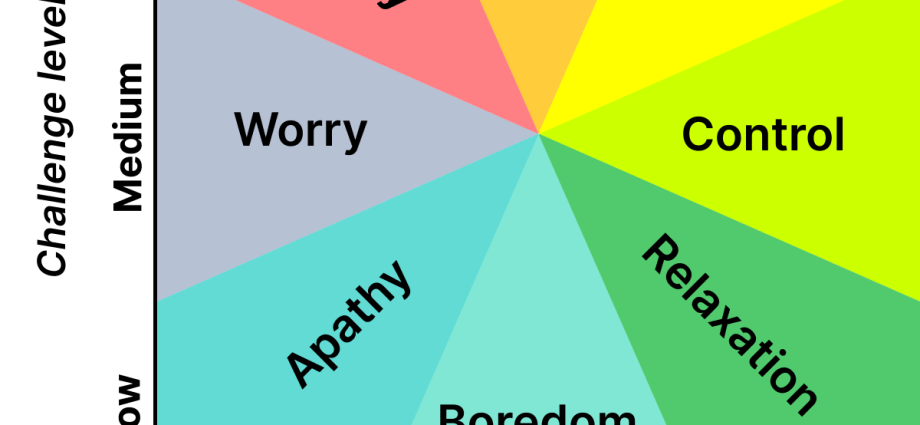In line with its mission, the Editorial Board of MedTvoiLokony makes every effort to provide reliable medical content supported by the latest scientific knowledge. The additional flag “Checked Content” indicates that the article has been reviewed by or written directly by a physician. This two-step verification: a medical journalist and a doctor allows us to provide the highest quality content in line with current medical knowledge.
Our commitment in this area has been appreciated, among others, by by the Association of Journalists for Health, which awarded the Editorial Board of MedTvoiLokony with the honorary title of the Great Educator.
Apathy is defined as a mental state characterized by limited physical stimuli and emotions. It is easy to recognize those affected by it – they withdraw from everyday activities and stay at home more often than the rest. How to recognize the symptoms of apathy? What are its causes and is it possible to recover completely from it?
Apathy – symptoms
There are several characteristic symptoms of apathy. The main one is low mood leading to severe depression and emotional dullness. Apathy is a condition that also has the following symptoms: excessive sleepiness, a sense of constant fatigue related to problems with falling asleep and waking up at night, decreased concentration, withdrawal from social relationships and physical activity. Thus, there is a sharp narrowing of the circle of general interests. There are many symptoms of apathy, and the most common are several of them at the same time. In this case, normal functioning is severely impeded. People who have suffered from apathy often have problems at work, at university, and with other tasks that have not been troublesome so far.
Apathy – causes
The causes of apathy may be different. The most common among them are mental disorders and diseases (such as schizophrenia, depression, bipolar disorder, but also psychological trauma, trauma (e.g. due to the death of a loved one or the experience of a serious accident) or excessive stress related to, for example, overworking or being overloaded with other duties. However, sometimes apathy also affects people suffering from systemic ailments, such as cardiovascular and adrenal diseases, diabetes, disorders of the pituitary gland or hypothyroidism.
Apathy – treatment
Apathy cannot be underestimated, especially if it persists for several weeks. The key in this case is the support of relatives who should convince the apathetic person to seek professional help. When it comes to a condition such as apathy, treatment should be directed to the underlying causes and symptoms. The most common in this case are antidepressants and sedatives. Psychotherapy will also be indispensable in severe apathetic states. In addition, it is worth remembering about hobbies. Finding an interesting form of spending free time helps you return to normal functioning.
Apathy – prognosis
With prompt intervention and appropriate therapy, the prognosis for apathy is favorable. The key, however, is the support of loved ones. The exceptions are when this condition is associated with a chronic mental illness such as schizophrenia or bipolar disorder. In such cases, it is necessary to take into account that apathy will occur cyclically, from time to time, even when using pharmacological treatment measures or appropriately selected psychotherapy.
Apathy – prevention
In the prevention of apathy, the key is the support of loved ones, as well as a hobby that is able to dispel all negative thoughts. In the case of previous apathetic episodes, it is also extremely important to regularly visit a psychologist. This will allow for early detection of the problem and reduce the negative effects of apathy. It is equally important to perform periodic tests of the body. In this way, the risk of apathy associated with systemic diseases will be minimized.










